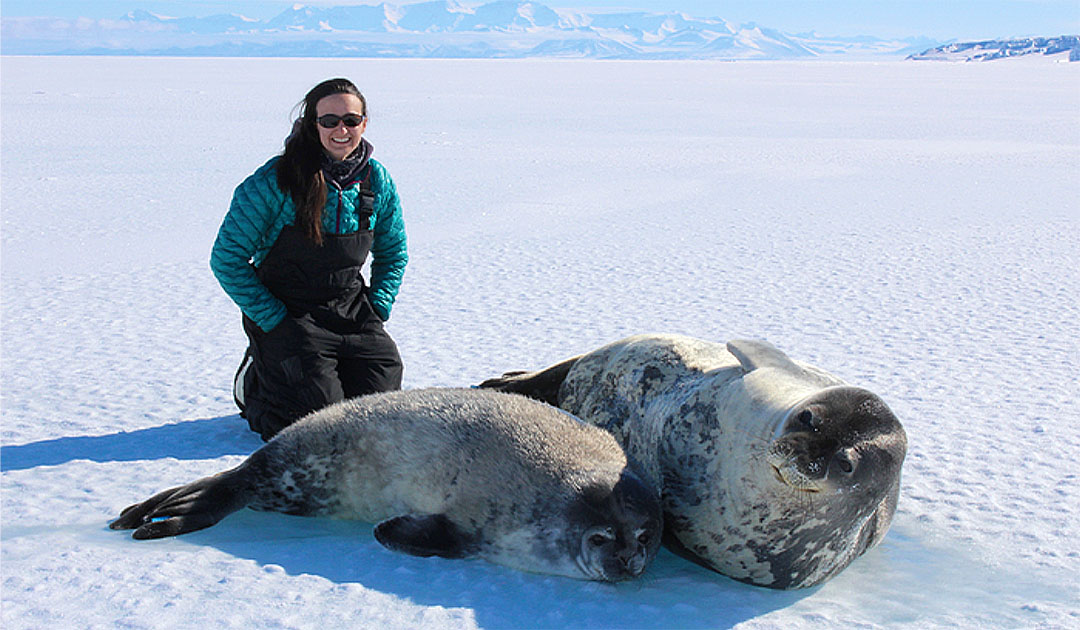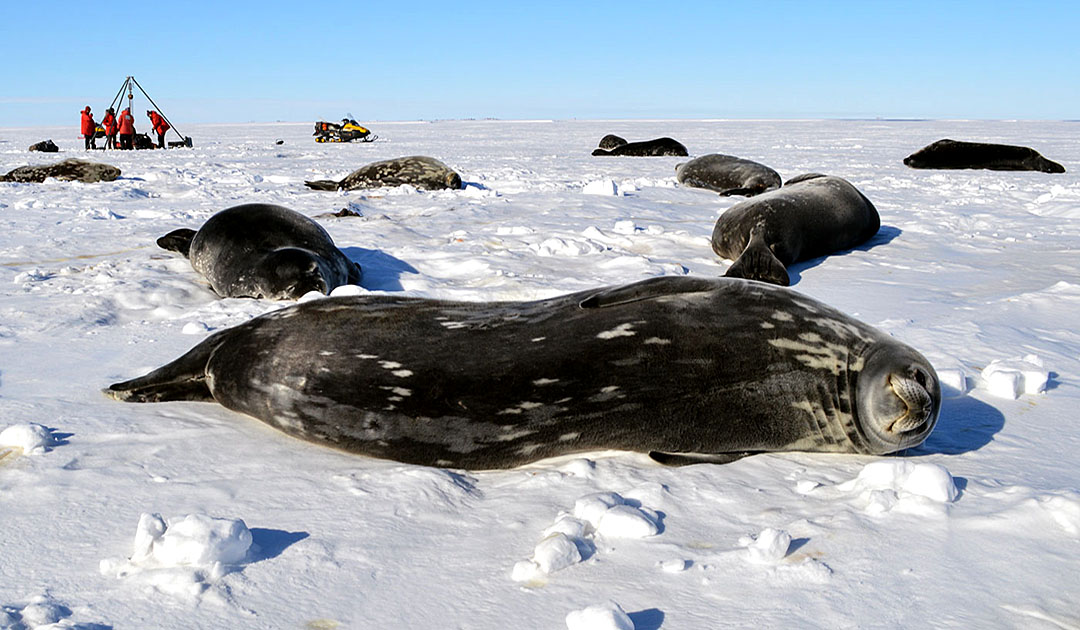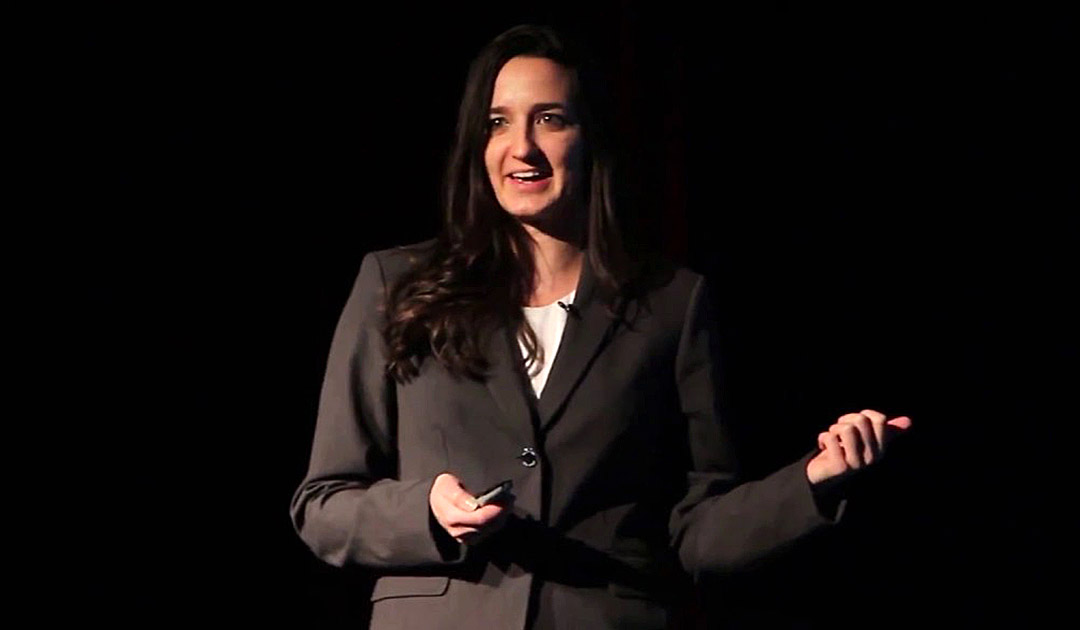
At the US Antarctic Station McMurdo, 67 research projects were canceled or cut back as the US Antarctic Program faces logistical challenges. One of the main reasons is a housing shortage, which was exacerbated by the pandemic when renovation projects could only be carried out partially or not at all. There is simply a lack of accommodation for researchers at the moment.
The National Science Foundation NSF, responsible for funding the US Antarctic program, has canceled or cut 67 of the 131 projects funded for the 2023-2024 Antarctic summer. The cuts and deferrals will inevitably impact research, especially for projects that require continuous data sets or observations that are precise over time.

Marine biologist Michelle Shero was caught off guard by the measures. In 2019, the NSF awarded a five-year, $1.1 million grant to study the reproductive success of Weddell seals in McMurdo Sound. As a result, Michelle Shero and her team were sent to McMurdo for a truncated season.
In January 2023, the NSF assured the researcher that her team would be in McMurdo for a full four months in October. In anticipation of the research, about $200,000 worth of equipment and supplies thus were packed and shipped in June.
Unexpectedly, in July, things took a turn for the worse. Shero was told that there were not enough beds at McMurdo Station to accommodate her team of five. However, this is the minimum number needed to safely handle the animals, which can weigh up to 500 kilograms.

Michelle Shero, who has traveled to Antarctica ten times since her first visit as a graduate student in 2011, is well versed in how things are supposed to work. Once NSF approves a research proposal, a private contractor provides the logistics to make it happen. Logistics contractor “Leidos” has received nearly $2.7 billion since 2016 as part of a logistics support contract. But the contract with “Leidos” will expire in March 2025.
Jennifer Burns, Marine biologist from Texas Tech University says, “It used to be that the hardest part was getting an NSF grant to work in Antarctica, and once you got the grant, you knew you could do really cool science. But something has changed. And until we understand exactly why it went so wrong, I would be very cautious about telling anyone to build a career around research in Antarctica.”

COVID has delayed the construction of new facilities
The COVID-19 pandemic caused most construction, as well as research projects, to be delayed for two years. When pandemic cases spiked in the 2022-23 season, work came to a complete stop. Thus, the $500 million renovation project at McMurdo has been dragged out, reducing the number of beds available for both researchers and technical staff.
Among the many improvements included in the renovation project at McMurdo is a new residence hall. To minimize the impact on the environment, the new 285-bed dormitory will be built on the same site of the old buildings.
The timing of the NSF is quite bad. Within months of the demolition, the pandemic had brought almost all USAP activities to a halt, including work on the new dormitory. The new building is now scheduled to be ready for the 2025-26 season, three years later than originally planned.
Heiner Kubny, PolarJournal
More about this topic





